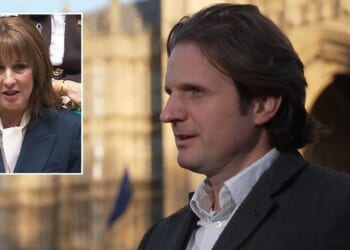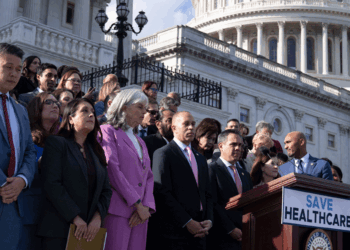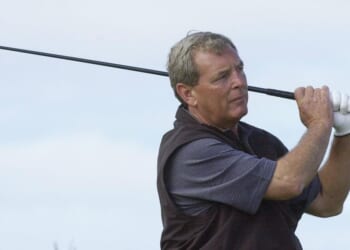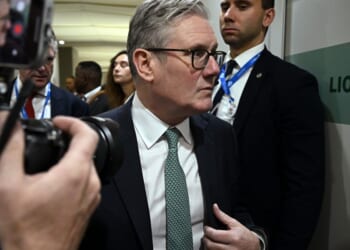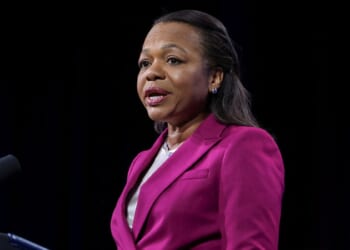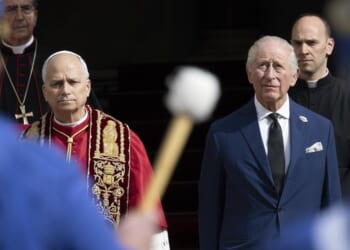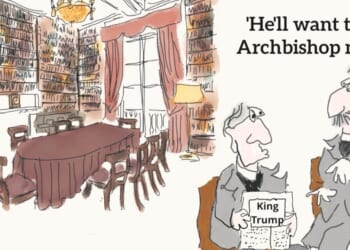VIENNA (LifeSiteNews) — The president of the Austrian Parliament has banned the use of so-called “gender-inclusive” language in official communications of the legislative body.
Walter Rosenkranz, president of the Nationalrat (National Council, Austria’s Lower House of Parliament), recently announced that Parliament will go back to using the generic masculine form of words, or the female and male form as a couple, for instance, when addressing readers as “Sehr geehrte Damen und Herren” (Dear ladies and gentlemen).
Previously, the parliament had used the ideological variant of putting internal capital letters, colons, asterisks, or slashes within nouns that could refer to people of different genders. Signs like the asterisk were meant to include not only females but also people who identify as “transgender.”
This linguistic adaptation was pushed through by leftist activists in most Austrian and German institutions but is entirely foreign to the German written language. The German Language Association has repeatedly criticized this “gender-inclusive” language, calling it an “ideological language” that “violates applicable spelling rules” and is meant to “re-educate” citizens. Polls have shown that 80 to 90 percent of Germans reject the ideological gendered language.
“As a government institution, we have to follow the rules set by the Council for German Orthography, which is the only government-approved institution,” Rosenkranz told the Austrian newspaper Krone. “And in 2021, Parliament also gave itself a legal basis in the Women’s Promotion Plan. I want people to simply adhere to this and not invent their own language. Because true equality comes through education, fair opportunities, and respect—not through punctuation marks.”
“Parliament is a place of democracy, not of linguistic experimentation,” he continued. “We are returning to a language that reflects the spirit of the Austrian Constitution: universally understandable, objective, and inclusive in the best sense of the word.”
“It is not without reason that the German Bundestag and the Swiss National Council, as well as almost all print media, do not use gender-neutral language,” the President of the Parliament said.
The guidelines do not apply to speeches given in the National Council or texts brought forward by members of Parliament, since they have the freedom of their mandate to formulate their documents as they see fit.
Rosenkranz was nominated as the first President of the Austrian National Council from the right-wing Freedom Party (FPÖ), after the FPÖ had become the strongest party in Austria for the first time in the 2024 national elections. Despite garnering the most votes, the FPÖ is currently not part of the government coalition, since they do not hold an absolute majority needed to rule, and the other parties refused to form a coalition with it.




